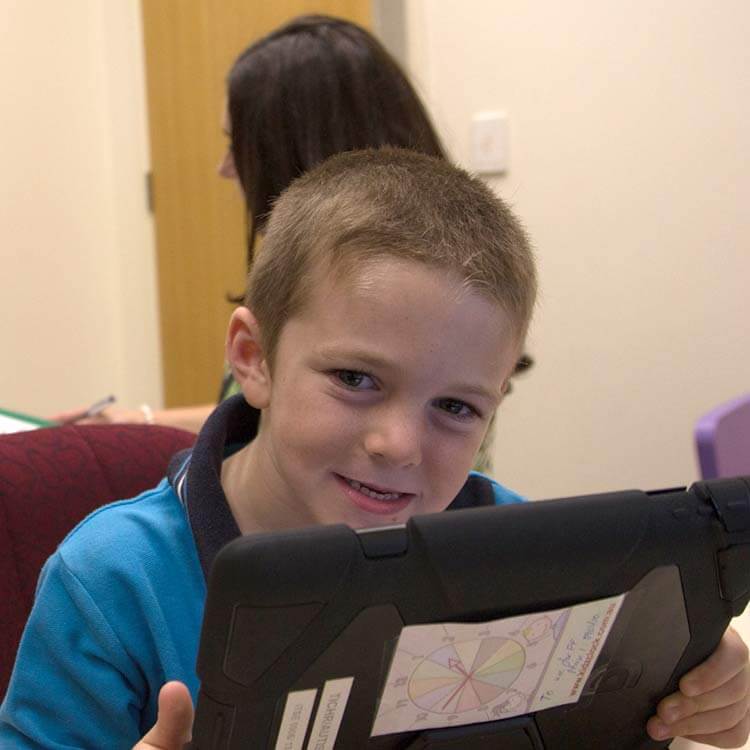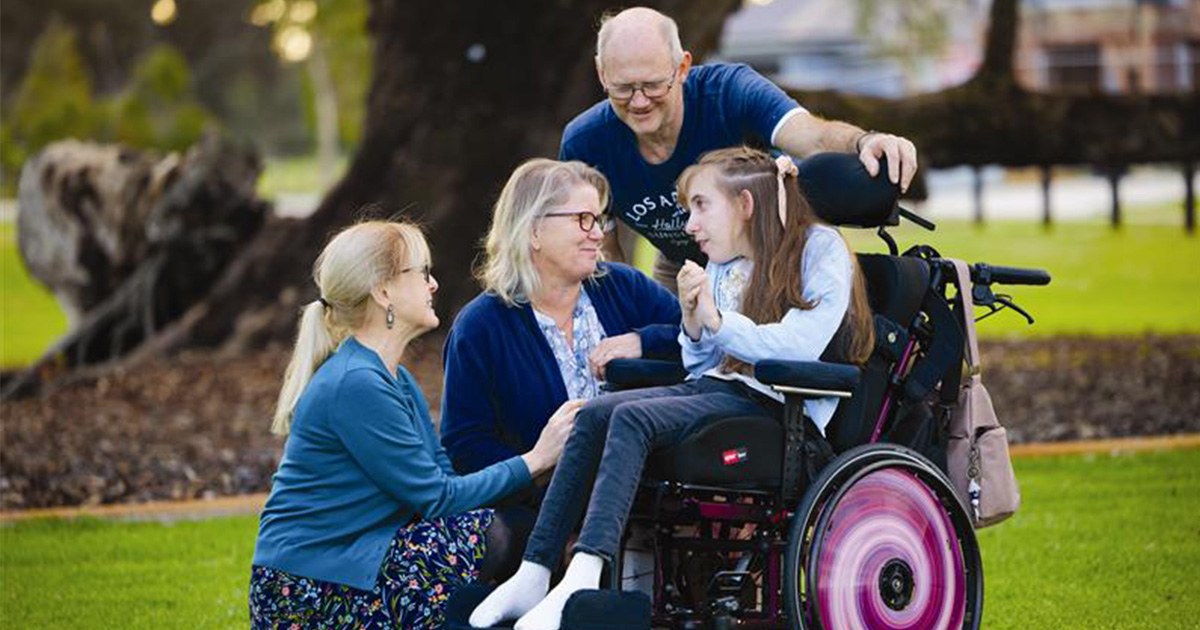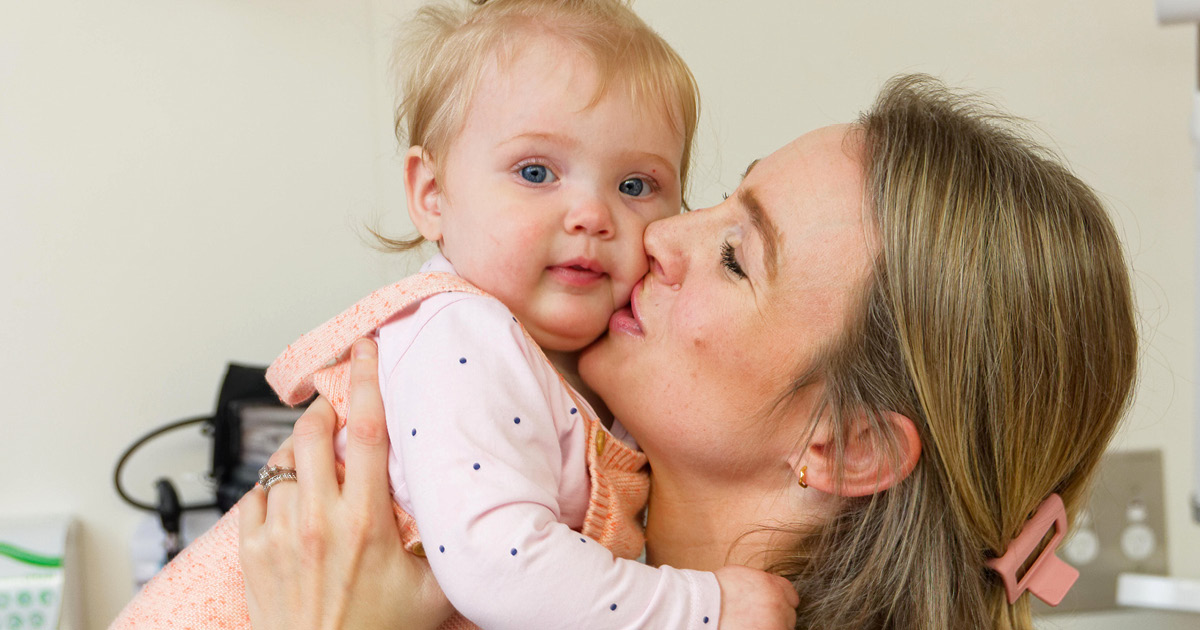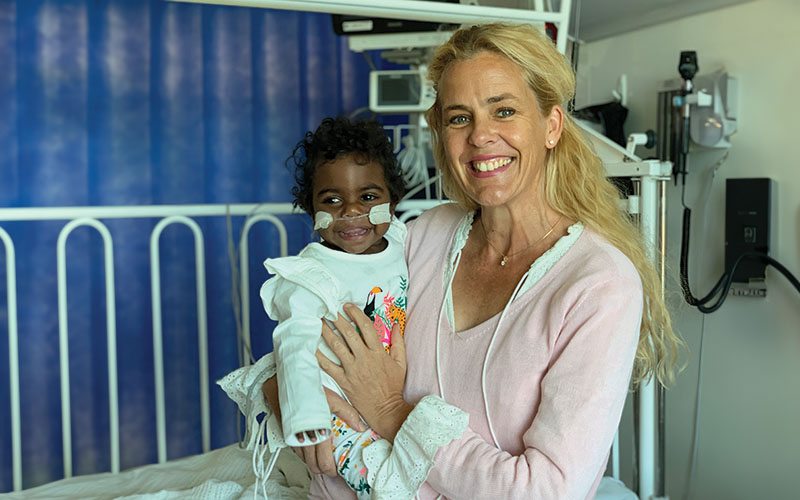Search
Research
Short-Term Diabetic Retinopathy Status in People with Type 1 Diabetes Commencing Automated Insulin DeliveryRapid improvements in glucose control may lead to early worsening of diabetic retinopathy (EWDR). There is a need to demonstrate safety in people commencing automated insulin delivery (AID) due to the known efficacy in rapid glycemic improvement. We aimed to investigate short-term DR outcomes in people (aged ≥13 years) with type 1 diabetes after initiation of AID (use ≥6 months).
Research
Analysis of risk factors associated with suicidality in children and adolescents with fetal alcohol spectrum disorder in Western AustraliaIndividuals with fetal alcohol spectrum disorder (FASD) are at an elevated suicide risk compared with those in the general population. This public health issue warrants further research attention to help inform the development of prevention and intervention efforts. Our study is the first to characterize suicidality (i.e., suicidal ideation/suicide attempt) and explore associated risk factors in young individuals with FASD within the Australian context.
Research
Longitudinal Study of Indigenous Children: Adolescent never smoking and associations with individual, social, and environmental factorsFuelled by the tobacco industry, commercial tobacco use is a major cause of preventable morbidity and mortality among Aboriginal and Torres Strait Islander peoples. Preventing adolescent smoking initiation is critical to reducing uptake. Understanding individual, social, and environmental factors that are protective against smoking can inform prevention strategies.
Research
X-Linked Hypophosphataemia and Burosumab: A Systemic Disease With a New TreatmentX linked hypophosphataemia (XLH) is a systemic, chronic condition that significantly impairs quality of life. In XLH, a phosphate regulating endopeptidase homologue X-linked (PHEX) gene mutation leads to excess fibroblast growth factor 23 (FGF23), causing hypophosphataemia and subsequent rickets, lower limb deformity, pain and other sequelae, however there are likely other non-FGF23 mediated mechanisms contributing to disease
Research
NutritionThe science that interprets the way nutrients and other substances in food affect maintenance, growth, reproduction, health and disease.

Research
Multigenerational Familial and Environmental Risk for Autism (MINERvA) NetworkThe MINERvA Network will allow more accurate and precise determination of the contributions of familial and environmental factors to the etiology of autism.

Affecting approximately 400 people in Australia, Rett syndrome is a rare neurological disorder that occurs almost exclusively in girls and affects mobility and development, impacting everything from walking and talking to eating and breathing.

Toddlers exposed to screen time at home are hearing fewer words and making fewer vocalisations, findings from the first longitudinal study to measure the relationship between family screen use and children’s language development have shown.

Prevention of respiratory syncytial virus (RSV) is now a real possibility thanks to the rollout of an immunisation program backed by a decade’s worth of epidemiological research led by The Kids Research Institute Australia.

Culturally secure intervention to facilitate medical follow up for Aboriginal children, after being hospitalised with chest infections, have proven to improve long-term lung health outcomes.
